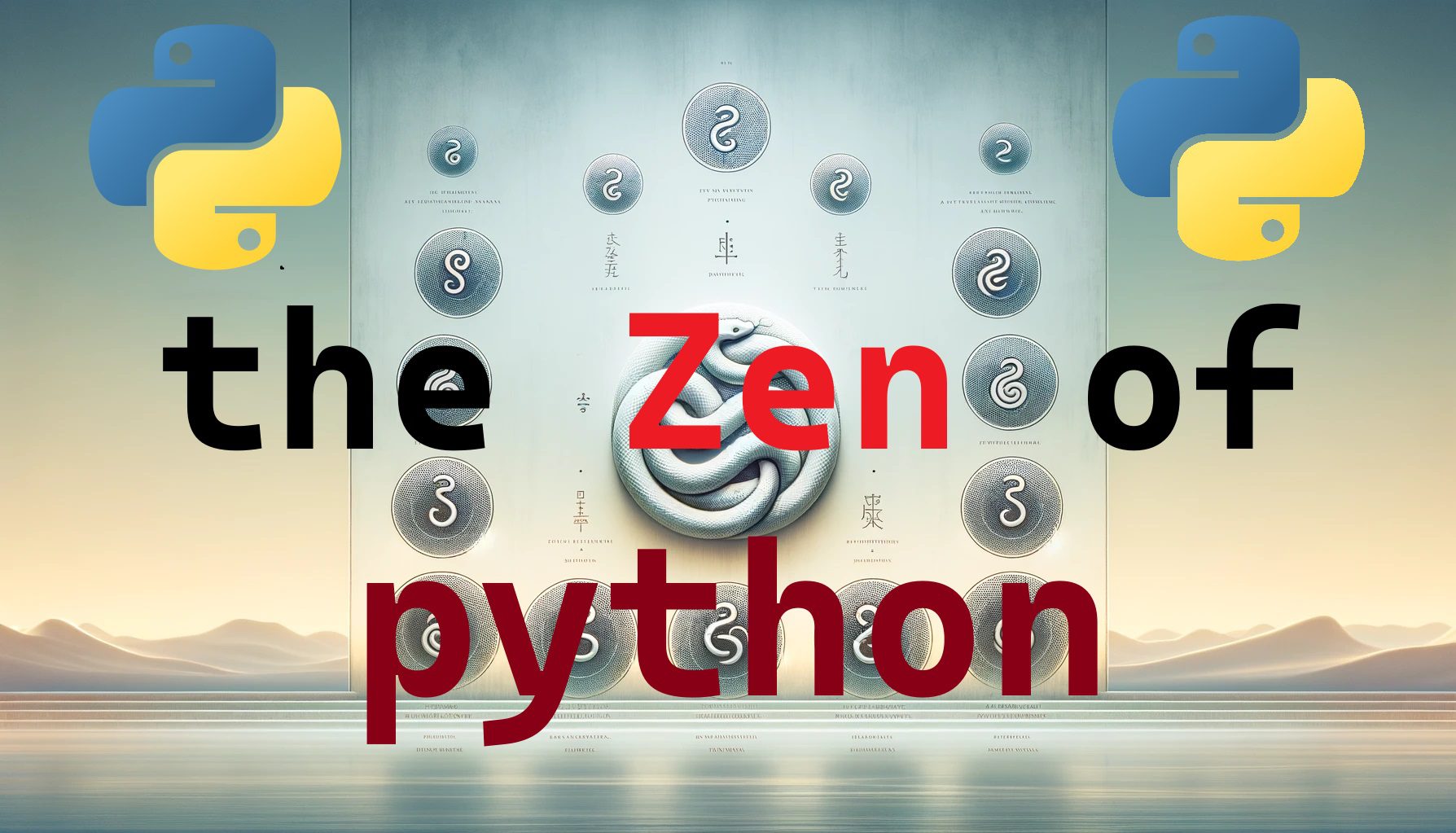Table Of Content
As you write Python code which is at the core of AI programming, you’ll encounter the Zen of Python, a set of aphorisms that encapsulate the essence of Pythonic code. Authored by Tim Peters, these guidelines advocate for clarity, simplicity, and the avoidance of unnecessary complexity in your coding projects.
The Zen of Python Import
Find Balance and Beauty in Your Code
At the heart of the Zen of Python is the principle that “Beautiful is better than ugly.” This concept champions writing code that’s not just functional but also aesthetically pleasing and readable. In the world of programming, beauty comes from clarity and the straightforward nature of code that others can easily understand and modify.
Clarity Over Convoluted Code
“Explicit is better than implicit,” another fundamental axiom, encourages you to write code that speaks for itself. Opt for clear and descriptive names for your variables and functions, which makes your code more accessible to others, including your future self. The principle “Simple is better than complex,” further reinforces this idea by urging you to choose straightforward solutions over convoluted ones. When faced with a complex problem that defies a simple solution, it’s permissible to use a complex approach, provided it remains as comprehensible as possible .
Hierarchies and Error Management
“Flat is better than nested” and “Sparse is better than dense” are principles that promote less tangled, more manageable code structures. They encourage you to avoid deep nesting of conditions or functions and to write code that isn’t densely packed with difficult-to-parse logic. Additionally, the principle “Errors should never pass silently” is a crucial reminder to handle exceptions and error conditions explicitly, ensuring that your program behaves predictably and debuggably.
Practicality in Application
While the Zen of Python provides a high standard to strive for, it acknowledges that real-world coding often requires compromises. “Although practicality beats purity” suggests that sometimes, adhering strictly to these guidelines is less important than solving a problem efficiently. Therefore, while you should aim to follow these principles, also consider performance, business requirements, and team conventions when making design decisions.
Embracing Simplicity and Clarity: The Zen of Python
The full list of 19 “guiding principles” of the Zen of Python are listed below:
- Beautiful is better than ugly.
- Explicit is better than implicit.
- Simple is better than complex.
- Complex is better than complicated.
- Flat is better than nested.
- Sparse is better than dense.
- Readability counts.
- Special cases aren’t special enough to break the rules.
- Although practicality beats purity.
- Errors should never pass silently.
- Unless explicitly silenced.
- In the face of ambiguity, refuse the temptation to guess.
- There should be one– and preferably only one –obvious way to do it.[c]
- Although that way may not be obvious at first unless you’re Dutch.
- Now is better than never.
- Although never is often better than right now.[d]
- If the implementation is hard to explain, it’s a bad idea.
- If the implementation is easy to explain, it may be a good idea.
- Namespaces are one honking great idea – let’s do more of those!
These principles, while not absolute rules, serve as a compass to guide you towards writing clean, efficient, and Pythonic code. Embrace these guidelines to enhance not only the functionality of your programs but also their maintainability and elegance.
Where is the 20th principle of The Zen of Python that was not written down?
Here you go with the Easter Egg:
import this
All credits to Tim Peaters, source Pep 20 – The Zen of Python.

